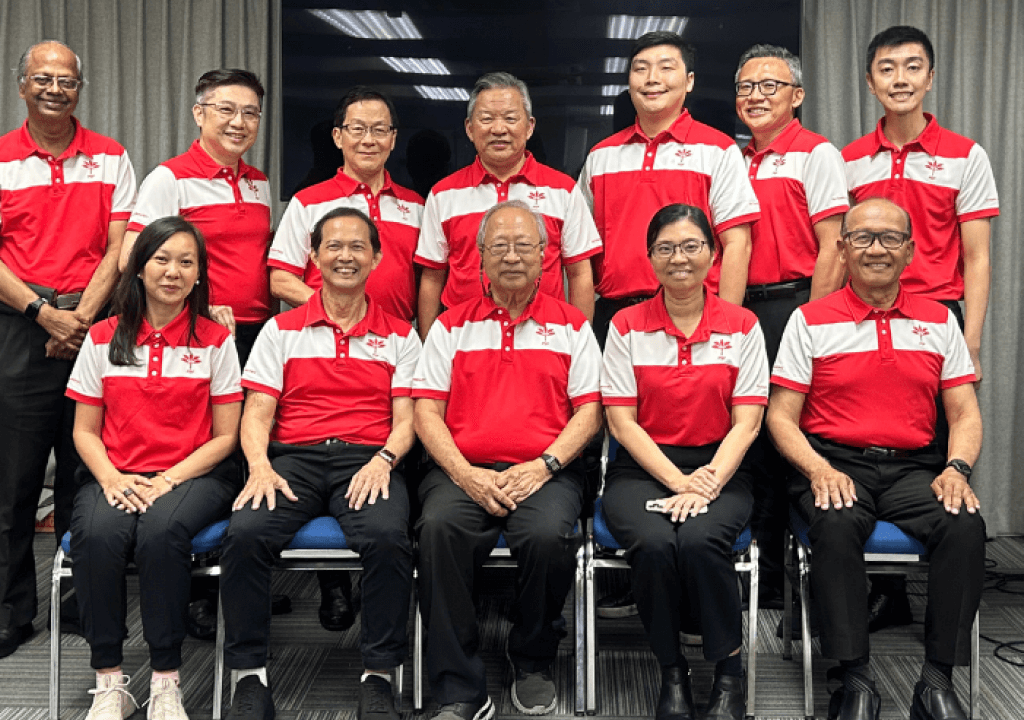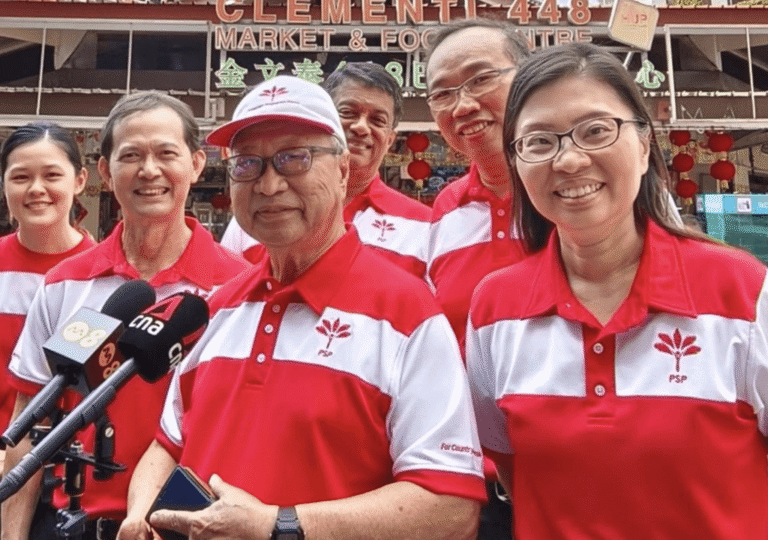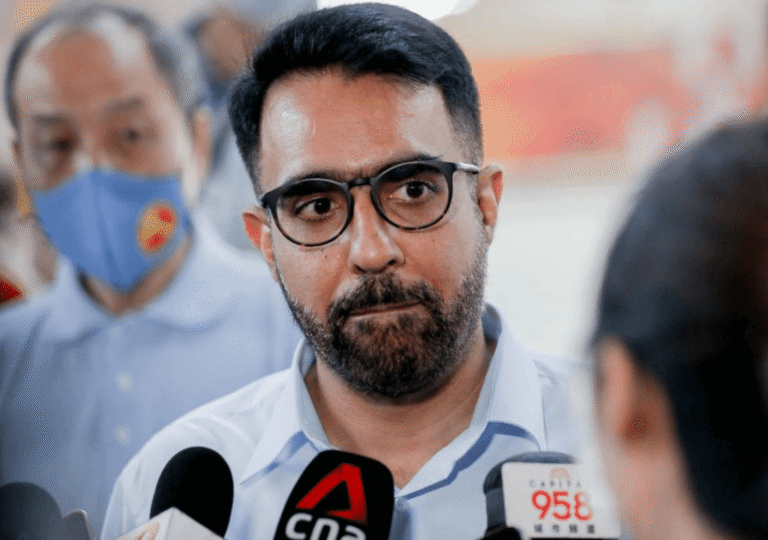While Singapore’s opposition has struggled with electoral setbacks and weak leadership, the Progress Singapore Party (PSP) offers a more hopeful scenario. One of only three opposition parties with representatives in Parliament following the 2020 general election, PSP has steadily gained traction in national politics—an impressive feat for a party founded just a year before that election.
A progressive, social-liberal party, PSP emerged as a breakaway from the long-dominant People’s Action Party (PAP), which has governed Singapore since its independence. Led by figures with experience in the PAP, the party has positioned itself as a credible alternative. With the 2025 general election approaching, PSP is preparing for the contest. On March 20, it elected six new members to its highest decision-making body, signaling a significant leadership refresh as it positions itself for the political battle ahead.
CEC Election
The Progress Singapore Party (PSP) held an election for its new leadership, with 24 candidates vying for 12 seats on the Central Executive Committee (CEC). The contest was tightly fought, and several key figures retained their positions. Non-Constituency MPs Leong Mun Wai and Hazel Poa were re-elected, along with party chairman Tan Cheng Bock, Mr. A’bas Kasmani, Ms. Wendy Low, and Mr. Phang Yew Huat.
Six new members were elected to the CEC: Mr. Samuel Lim, Mr. Anthony Neo, Mr. S. Nallakaruppan, Mr. Soh Zheng Long, Mr. Jonathan Tee, and Mr. Joseph Wong. Meanwhile, eight members from the previous CEC did not secure re-election, including several who had contested the last general election. Among them were Dr. Ang Yong Guan, Mr. Harish Pillay, Mr. Jeffrey Khoo, Mr. Nadarajah Loganathan, and Mr. Lim Cher Hong. With the exception of Dr. Ang, all had sought another term.
The new CEC was chosen by 90 party cadres from PSP’s inner circle. Two additional members will be co-opted later, expanding the committee to 14. Once formed, the CEC will determine key leadership roles, including the position of secretary-general. The newly elected leadership team will serve until March 2027.
Leong Takes the Reins?
After the CEC election, Mr. Leong told reporters that PSP would announce leadership appointments, including its new secretary-general, at a later date. Observers believe the only serious contenders for the position are NCMPs Ms. Poa and Mr. Leong. Ms. Poa, who previously served as vice-chairman, held the role until this election. If Mr. Leong regains the position, it would mark PSP’s fifth leadership change since its founding in 2019.
He stepped down as secretary-general in February 2024 after receiving a correction direction under Singapore’s fake news law for a social media post. Some within the party expect him to challenge Ms. Poa for the role.
Currently not holding a position on the CEC, Mr. Leong first became secretary-general in April 2023 after Mr. Francis Yuen vacated the role following a two-year tenure. PSP’s founder and current chairman, Dr. Tan Cheng Bock, was the party’s first secretary-general.
Dr. Tan, Mr. Leong, and Ms. Poa contested the 2020 General Election as part of PSP’s West Coast GRC slate, narrowly losing to a PAP team led by former transport minister S. Iswaran. Their strong performance secured NCMP seats for Mr. Leong and Ms. Poa, making it the closest opposition result that year.
PSP in Upcoming Election
The PSP is expected to contest several constituencies in the upcoming general election, including the newly redrawn West Coast-Jurong West GRC and the neighboring Chua Chu Kang GRC. However, its candidate slates have not been confirmed, and its strategy remains unclear as the party continues to study the new electoral boundaries.
While no party is likely to challenge the PAP’s dominance, PSP can compete strongly with the Workers’ Party (WP) for the position of the main opposition party. In the last Parliament, WP held eight more seats than PSP, but the difference in their vote share was only 1.04%. A competitive election, combined with WP leader Pritam Singh’s conviction and changes to electoral boundaries, could position PSP as Singapore’s leading opposition party and a significant political force.







